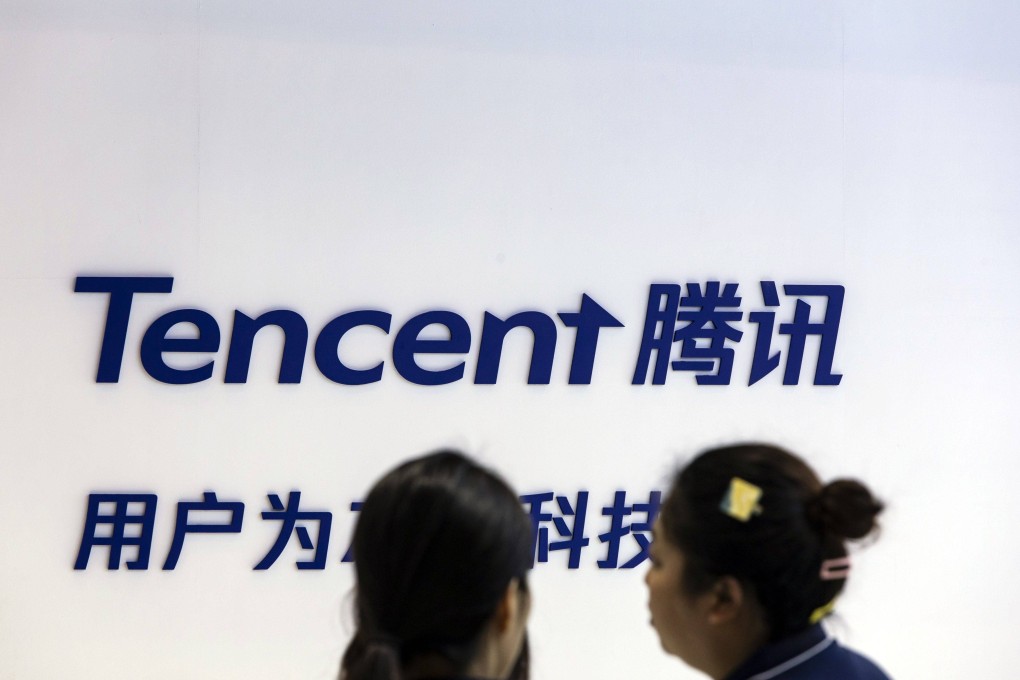Tencent to launch AI foundation model for ChatGPT-like applications amid Chinese Big Tech jostling
- Tencent executive Li Qiang said the Hunyuan foundation model will be ‘formally released’ soon, with an event to be held on Thursday
- China’s first batch of approvals for generative AI services last month has spurred a new round of release announcements for chatbots and related services

The company’s annual Global Digital Ecosystem Summit takes place on Thursday and Friday in Shenzhen, where there will be a speech about the Hunyuan model, according to the agenda.
The new model, which was under internal testing for a few months, will be “formally released” soon, Li Qiang, a vice-president at Tencent who heads its Government and Enterprise Business division, said at an industry conference held in the southwestern city of Chongqing on Monday, according to a report from Chinese media The Beijing News.
That led to a new round of announcements for LLM releases in China, where US-developed services like OpenAI’s ChatGPT and Google’s Bard are officially unavailable.
Tencent has yet to release more details about its upcoming foundation model, such as whether it will be available to the general public.